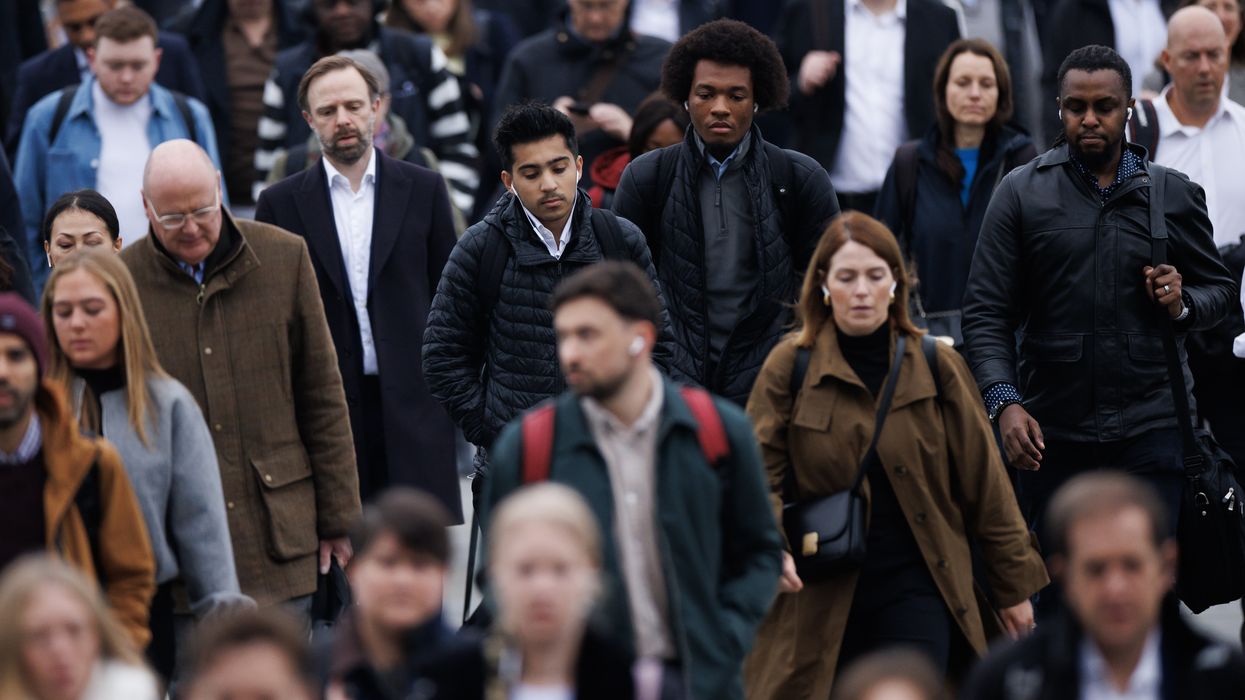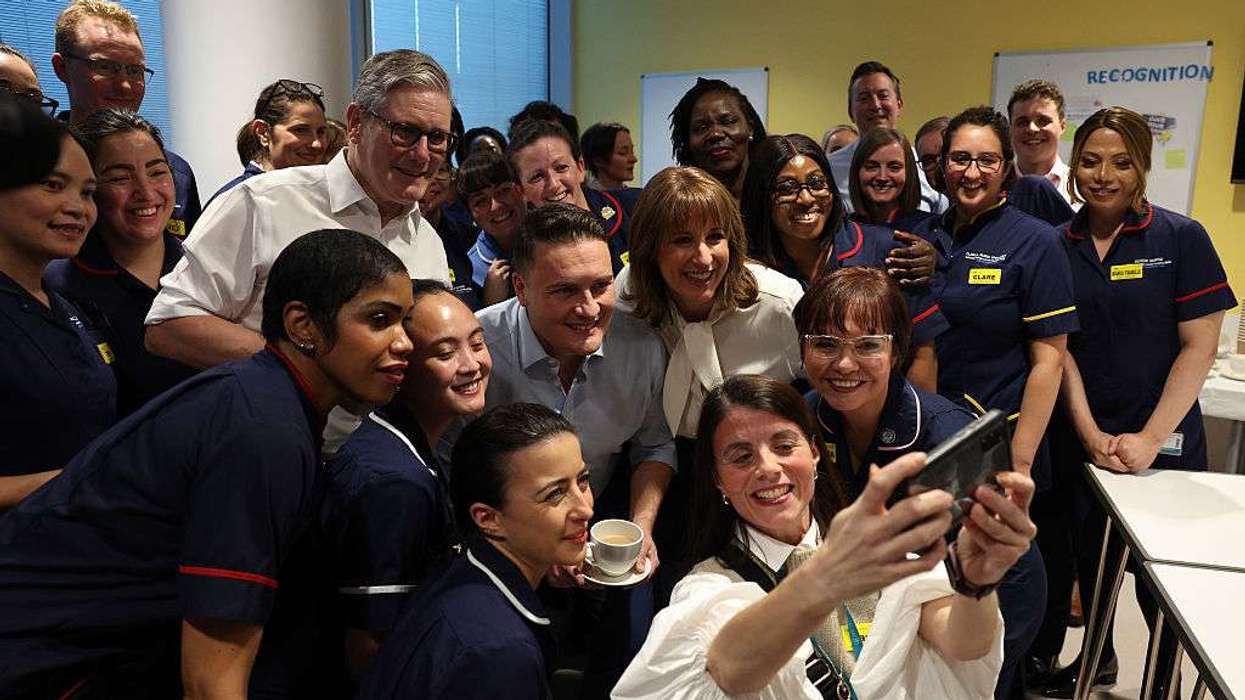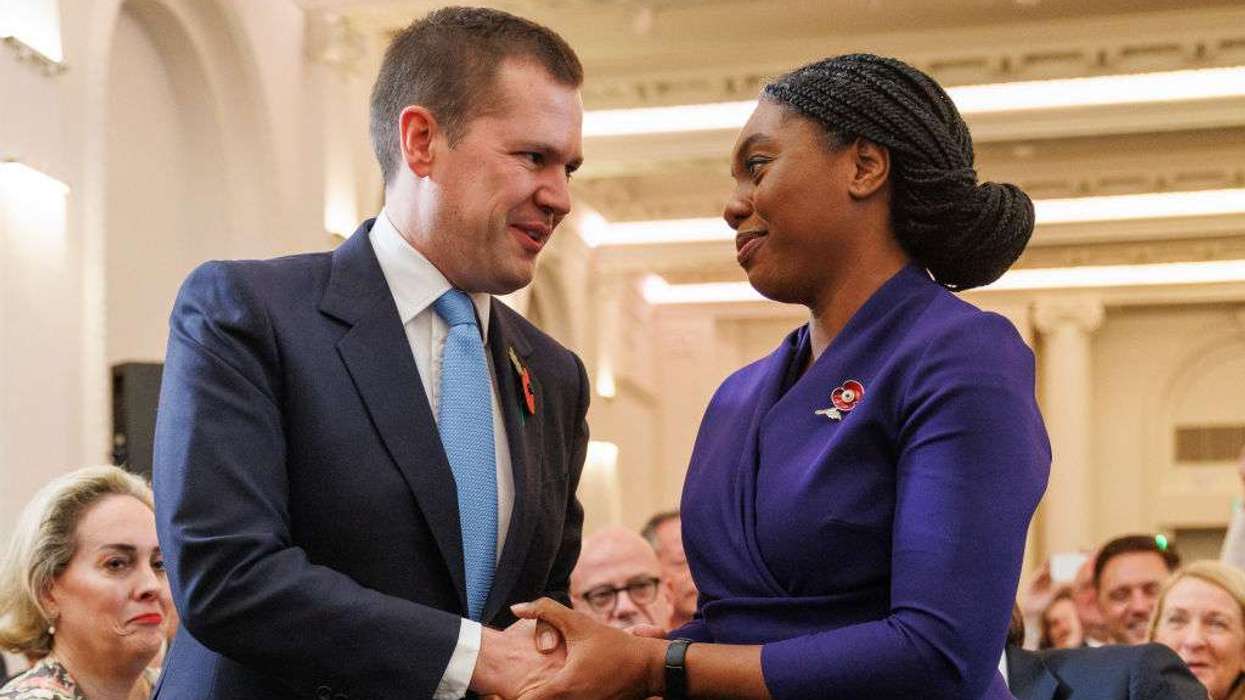GOING for growth is a core mission for prime minister Sir Keir Starmer’s government.
So cutting the growth forecast for this year in half to one per cent was an inauspicious start to chancellor Rachel Reeves’ spring statement. The projection remains below two per cent through the parliament.
Anaemic growth made balancing the books a juggling act with fingers crossed. Painful cuts in welfare spending, particularly for people with disabilities, just about made the numbers add up enough – for now – for the Office of Budget Responsibility (OBR) to give the chancellor a 50-50 chance of not needing more tax rises by the autumn budget.
But throw in US president Donald Trump as the disrupter unleashing trade wars from the White House, and that chance of a more benign scenario seems rose-tinted.
This government wants to protect spending on public services without more taxes or borrowing – while boosting defence spending too. The market and think-tank consensus is the chancellor was delaying acknowledging that this is now impossible.
The government proudly points to the pro-growth potential of its planning reforms. This will add 0.2 per cent to GDP growth by 2029. Less attention was paid to the role of immigration in the OBR calculations.
The OBR must work with the information that governments give it – adding a dash of political fiction to its otherwise painstaking work.
Former Conservative chancellor Jeremy Hunt gave himself permission to cut taxes by pencilling in unrealistically tight post-election spending plans. Hunt also took fiscal advantage of the Tories breaking their promise to cut immigration.
Home secretary Suella Braverman had resigned after a shouting match with Liz Truss and Hunt over their plan to “appease” the OBR with looser immigration rules. Braverman argued it was madness for Treasury models to show fiscal gains from higher immigration if the government wanted to cut it.
That is now a dilemma for Starmer’s Downing Street too. Net migration – having been 728,000 in the 12 months before the general election – fell significantly over the past nine months. The OBR estimates a potential trough at 258,000 before estimating net migration stabilising at around 340,000 for the rest of the parliament. That is politically rather higher than some key voices in Downing Street would feel comfortable with. Yet had they advised the OBR to anticipate a significantly lower level, they would already have knocked the chancellor’s fragile fiscal balancing act over.
Visa fees and charges now bring in about £6 billion to the Treasury coffers. In spring 2024, the OBR published how higher or lower migration scenarios would affect its fiscal model – but did not repeat the exercise this time. It had reported its estimate that reducing long-term net migration from 315,000 to 115,000 would cut tax receipts by £20bn, though the lower population could save £6bn on public services.
That would leave debt higher by £13bn – or 2.5 per cent of GDP. Charging £1,035 per visa as an NHS surcharge delivers more than £1.8bn for public services on top of what migrants pay in taxes too.
The Starmer government is using increasingly hawkish language on immigration. Yet the chancellor’s difficulty in sticking to her fiscal rules will significantly constrain the pace at which this government could reduce immigration further, even if the impact of higher migration on GDP per capita is somewhat marginal.
This Labour administration has delivered its headline manifesto objective to reduce net migration – by halving the level it inherited.
One option could be to make its future message more about the case for control and choice, than about driving numbers down further. It has rejected pressure to set a net migration target.
The return to pre-2019 net migration levels of around 300,000 may become a probable norm for the rest of the parliament, reflecting the practical reality that the government now needs to balance the politics of immigration with the fiscal impact of its policy choices, as well as the labour market needs in the NHS and social care too.
An alternative approach would be to try to make immigration for work and study more selective. For example, while international graduates can stay and work for 24 months without restrictions, new conditions could include needing to secure a graduatelevel role after six or 12 months in order to stay longer. In principle, a more selective approach could deliver a better fiscal outcome for similar immigration levels, or try to gradually pursue a moderately lower level, perhaps net 200,000 to 250,000, without a fiscal penalty.
The Starmer government will never be able to compete in a rhetorical auction over who can say the lowest number. Shadow justice secretary Robert Jenrick wants to again propose the old “tens of thousands” target that the Conservatives always missed as a new legal limit. Reform leader Nigel Farage’s vision is that the right level of net migration would be zero.
The government’s white paper will make a case for controlling immigration. It may need to acknowledge the real world dilemmas of control too.

Sunder Katwala is the director of thinktank British Future and the author of the book How to Be a Patriot: The must-read book on British national identity and immigration




